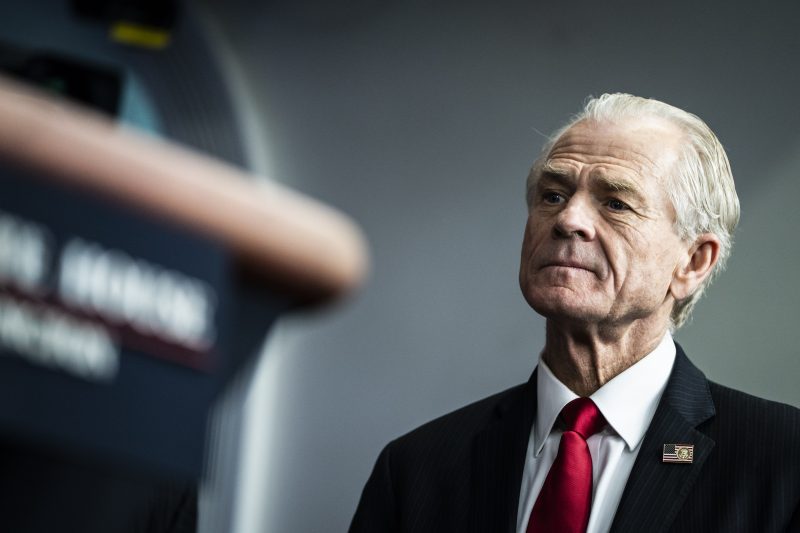The article published on godzillanewz.com highlights the recent legal appeal made by Peter Navarro, a former aide to President Donald Trump, asking the Supreme Court to prevent him from facing potential imprisonment. Navarro’s request stems from his refusal to cooperate with the congressional investigation into the January 6 Capitol riot, invoking executive privilege as his justification. This refusal has led to a contempt citation against Navarro, as the House committee demands his testimony and documents regarding his involvement in the events preceding the insurrection.
The case of Peter Navarro presents a complex legal and political dilemma, raising questions about the boundaries of executive privilege, congressional oversight, and individual responsibility in matters of national importance. As a key figure in the Trump administration’s trade and economic policies, Navarro’s interactions and decisions during his tenure hold significance for understanding the events leading up to and following the Capitol riot. His resistance to providing information to the congressional committee underscores a broader pattern of obstruction and non-compliance by Trump associates regarding the investigation into the events of January 6.
Navarro’s plea to the Supreme Court requests protection from potential imprisonment, arguing that his cooperation would violate the former president’s executive privilege. This appeal sets up a clash between the powers of the legislative and executive branches, as well as the interpretation of privilege in the context of national security and accountability. The outcome of Navarro’s case could have far-reaching implications for future investigations involving presidential aides and the limits of their obligation to disclose information to Congress.
The legal battle surrounding Peter Navarro’s defiance of the congressional subpoena reflects a broader struggle in American politics to balance accountability with executive privilege and individual rights. The case serves as a test of the rule of law and the separation of powers enshrined in the U.S. Constitution, as well as the willingness of individuals to uphold their constitutional duties in times of crisis. As the Supreme Court considers Navarro’s appeal, the decision made will not only impact his personal fate but also set a precedent for how the government handles similar situations in the future.
In conclusion, the Peter Navarro case underscores the ongoing challenges faced by the American legal system in upholding accountability and transparency in governance. As the former aide seeks protection from potential imprisonment, the Supreme Court’s decision will shape the boundaries of executive privilege and congressional oversight, influencing the course of future investigations and the obligations of government officials to uphold the rule of law. The outcome of this legal battle will reverberate beyond Navarro’s individual circumstances, serving as a litmus test for the nation’s commitment to democratic principles and the accountability of those in positions of power.

